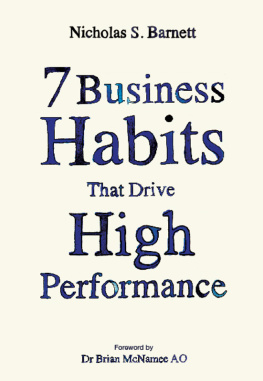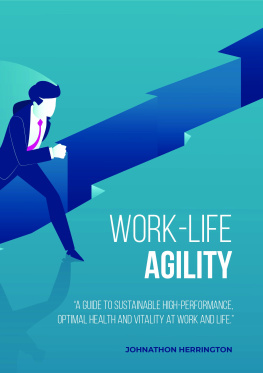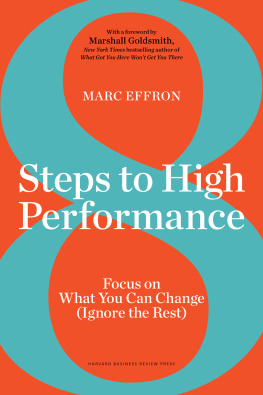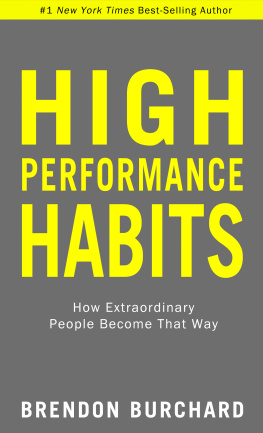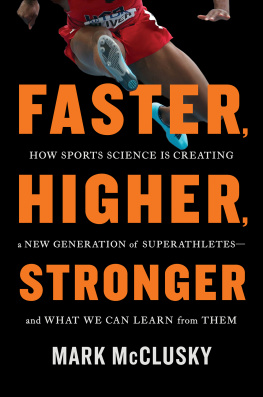

Copyright 2018 by Pete Leibman
All rights reserved. No part of this book may be reproduced in any manner without the express written consent of the publisher, except in the case of brief excerpts in critical reviews or articles. All inquiries should be addressed to Skyhorse Publishing, 307 West 36th Street, 11th Floor, New York, NY 10018.
Skyhorse Publishing books may be purchased in bulk at special discounts for sales promotion, corporate gifts, fund-raising, or educational purposes. Special editions can also be created to specifications. For details, contact the Special Sales Department, Skyhorse Publishing, 307 West 36th Street, 11th Floor, New York, NY 10018 or .
Skyhorse and Skyhorse Publishing are registered trademarks of Skyhorse Publishing, Inc., a Delaware corporation.
Visit our website at www.skyhorsepublishing.com.
10 9 8 7 6 5 4 3 2 1
Library of Congress Cataloging-in-Publication Data is available on file.
Cover design by Rain Saukas
Print ISBN: 978-1-5107-3162-2
Ebook ISBN: 978-1-5107-3166-0
Printed in the United States of America
CONTENTS
INTRODUCTION
A small daily task, if it be really daily, will beat the labours of a spasmodic Hercules.
Anthony Trollope, a nineteenth-century English novelist
A n excerpt from a conversation that I had with my friend Tony (eighty-two days before the manuscript for Work Stronger was due):
Tony: What are your plans for the summer?
Pete: A few weekend trips, but Im focused on finishing a book that Im writing called Work Stronger.
Tony: Oh, really? Whats the book about?
Pete: Its a book about the connection between healthier, stronger habits and higher performance at work.
Tony: I read an article recently that said that Warren Buffett drinks five cans of Coca-Cola a day. His net worth is supposedly over seventy-five billion dollars. What would your book have to say about that?
Pete: Imagine what Buffett might be worth if he didnt drink so much soda.
Its possible to reach the top of your field if you drink five sodas a day, if you have a sedentary lifestyle, or if you sleep fewer than six hours a night. Its also possible to complete a 26.2-mile marathon by doing cartwheels, by jogging backwards, or by crawling on your hands and knees. However, just because something is possible, that doesnt mean its a smart strategy.
When you are successful, it can be tempting to think that all of your behavior has contributed to your success. However, no ones behavior is perfect. There are always ways that you hold yourself back, no matter how much you have accomplished.
The fact that you are currently reading a book on high performance suggests that you are already a pretty successful person. Work Stronger will assist you in taking your performance to an even higher level by helping you discover and change behaviors that you are successful in spite of doing or not doing.
WHY YOU SHOULD READ THIS BOOK
You can be so much stronger than you realize. However, todays world can easily make you weakerphysically, mentally, and psychologically. This is due to the following three key reasons.
Todays Environment Encourages Unhealthy, Sedentary Behavior.
For most of human history, natural foods were your only option, and you had to be active to get food and to survive. Todays world could not be more different. Our ancestors did not have easy, ubiquitous access to sugary beverages, doughy treats, and heavily processed foods that provide empty calories and fleeting, uneven energy. Our ancestors also did not have access to computers, televisions, and other forms of technology that allow us to work or be entertained for hours without moving.
It is well known that poor nutrition and a sedentary lifestyle can make you overweight. It is also well known that being overweight increases your chances of developing virtually every chronic disease or condition, including cancer, diabetes, stroke, heart disease, and depression.
Todays Environment Discourages Focus.
Laptops, smartphones, and other forms of technology clearly make our lives better in many ways. However, they also discourage us from concentrating on one task at a time. For example, a 2013 study commissioned by Nokia found that the average person checks his or her cell phone 150 times a day. Thats once every six to seven minutes, on average, during waking hours.
Despite what many people think, multitasking makes you less productive, not more productive. In fact, multitasking reduces your performance on virtually every kind of taskincluding your ability to multitask. Dr. Clifford Nass (a deceased Stanford University sociologist) studied this topic before he passed away. As he said during an interview in 2013, People who multitask all the time cant filter out irrelevancy. They cant manage a working memory. Theyre chronically distracted. They initiate much larger parts of their brain that are irrelevant to the task at handtheyre even terrible at multitasking. When we ask them to multitask, theyre actually worse at it.
Todays Environment Discourages Renewal.
We are led to believe the myth that working longer automatically leads to better output. Many employers and leaders reinforce this fallacy. In most companies, you are more likely to be praised for finishing late than for finishing early.
When you work longer hours, something needs to give. Many people choose to cut back on sleep and other forms of personal renewal. This unfortunately makes matters even worse. Sleep deprivation reduces brainpower in the short term, and is also linked to obesity and virtually every other chronic disease or condition.
The pressure in todays workplace can be tremendous at any level, whether you are a CEO, a middle manager, or an entry-level employee. If you want to thrive now, and as you advance throughout your career, you need to work stronger, not longer. Stronger hours (not longer hours) are the key to feeling and performing your best over the long term.
Stronger Habits = Stronger Hours
Research by Duke University has demonstrated that at least 40 percent of our daily actions are habitual. In Work Stronger, you will learn how to take control of your behavior and form stronger habits in four key areas (nutrition, exercise, focus, and renewal) that are highly correlated with better health, well-being, and performance over the long term. Stronger habits will make you healthier, more energetic, more resilient, more confident, and more productiveso that you can achieve more in less time and with less stress.
THE STORY BEHIND THIS BOOK
As a fifteen-year-old student, I was 5'10" and had size thirteen sneakers, while only weighing 119 pounds. I looked like a human L. Theres no way that either of us would have predicted then that I would eventually write a book with the word stronger in the title.
After transforming my body at the end of high school through strength training and better eating habits, I became obsessed with seeing what else could be improved. Since then, Ive spent more than fifteen years studying behavior change, psychology, and high performance. I majored in psychology at Johns Hopkins University (JHU), and I also worked as a fitness trainer for JHU while I was a student there. My first personal training client was the wife of JHUs president at that time. No pressure there, huh?
Next page


